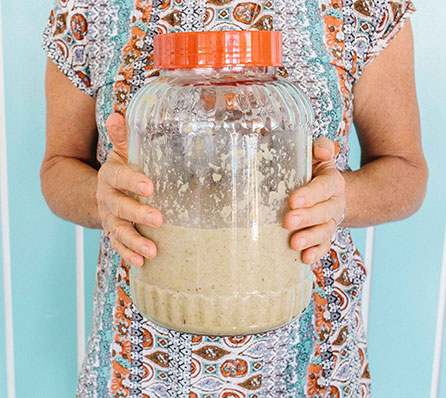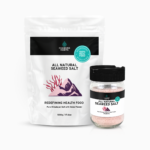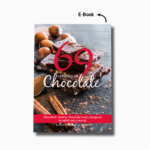The rich cultural tradition of food and most importantly the concept of using basic nutrition principles to raise our children, is something I am so passionate about.
I believe that over the years, we as a society have done everything we can to complicate the issue and as parents, we are now left completely confused as to what type of diet we should be raising our children on. Nutrition is a topic that is becoming unnecessarily complicated and difficult, so when I meet people with rich cultural traditions—like my new friend Mila—I always feel so inspired to tell their story and share their traditions…
Meeting Mila
After a long 6-hour flight I arrived in San Francisco, more than ready to embark on the final part of my journey—a bus trip up the Californian coast to Petaluma.
I was seated next to a lovely woman called Mila, who is originally from Croatia. She went on to tell me about the harsh economy in her home country, how happy she is to live in America and also shared her love of food with me. She feels her culture played a large part in determining the food she raised her children on. Of course, my ears pricked up at hearing this, as cultural nutrition is something I have a strong interest in and after telling her that I am in fact a nutritionist, she asked me if I specialise in a particular way of eating.
“I told her it’s about getting back into the kitchen to feed and nourish a family, to permanently heal a nation through food. Mila looked at me and said ‘exactly’.”
She went on to share with me what types of food she fed her family as they grew up; sauerkraut, chicken broth, probiotic tonics and homemade Croation meals among the favourites. Her children were rarely sick and they ate all real food—no packaged food whatsoever; a tradition they have now passed on to their own children, a tradition that I feel is missing in modern society.
We also discussed the many health benefits of fermented food and how they should be consumed from a very young age. Incorporating fermented foods and their benefits into her children’s daily routine, was a lesson taught to Mila from her own mother. We both agree that as a society, we have lost touch with our personal nutritional traditions/stories and ultimately, this is where our relationship with food stems from.
Perhaps by keeping these nutritional traditions alive, we as a society can then make a return to a basic, nutrient-rich, whole food diet.
Sharing Traditions: Mila’s Russian Tonic Recipe
I am so honoured to have received (and be able to share with you!) Mila’s family recipe for their Russian health tonic, which has become a staple for me now. This tonic is a powerful anti-inflammatory, as well as an immune strengthener. It is recommended you take one tablespoon daily to help keep you in optimal health.
So are we losing our nutritional traditions? Perhaps not if we share and embrace them! I’m so happy to have shared those two hours with Mila, discussing and sharing our mutual love for the healing power of food.
Do you have a family recipe, that has been passed down through the years? We would love to hear about it in the comments below!










Thanks for sharing. How long will this tonic last?
Hi Charlotte,
Because it is fermented it will last some time in the fridge, roughly around 6 months.
Hi there – are the lemons without the skin? or do we grind them with the skin?
Hi Kim,
It’s 5 lemons – entire amount all smashed in the thermomix, blender or food processor, the rest of the lemons it is just the juice. Kindest regards Cyndi
Sounds wonderful. Can I possibly clarify the following on the recipe?
1. The chopped lemons, is this skin and all?
2. The additional lemon juice, is that from the chopped lemons or in addition from other lemons.
Thank you and can’t wait to try. 🙂
Hi Rebecca,
5 lemons – entire amount all smashed and broken up in the thermomix, food processor or blender, the rest of the lemons it is just the juice. Kindest regards Cyndi